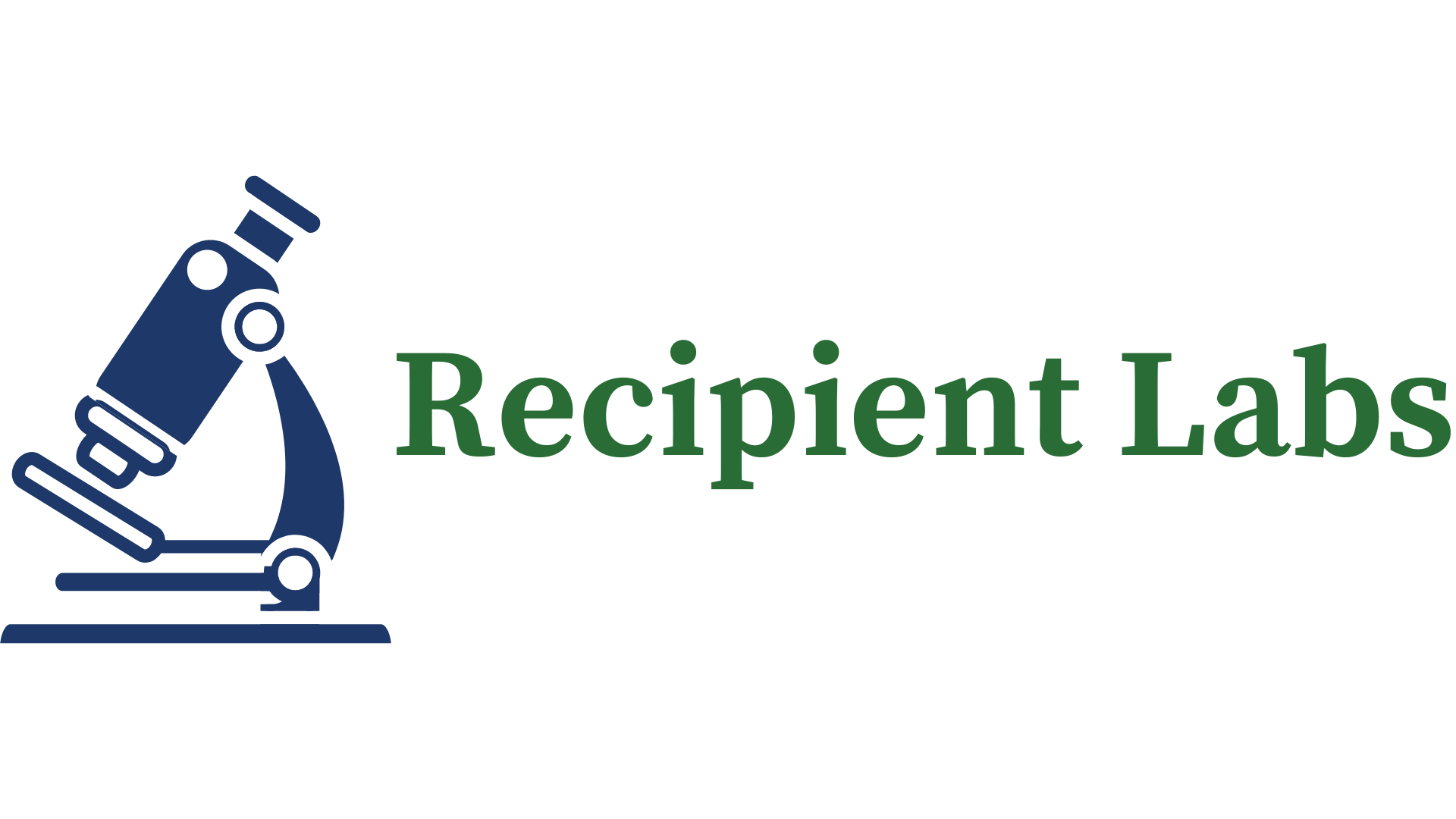We like to think that B2B is the rational one, and that B2C is the one dripping with emotion, and that somehow we are playing a more rational game when we walk into work.
But reality is showing something different.
I’ll get to a couple examples in a moment. But first, I want to call out an excellent study Google commissioned on this subject.
A quote from the study: “We like to think of organizations as rational and logical. The truth is, there are people within them, and those people are just as, if not more, influenced by emotion than everyday consumers.”
Turns out that B2B is actually MORE emotional than B2C. We like to tell ourselves that it is the opposite, but we are just fooling ourselves.
Think of how it happens…
You have a project on the table, so you send out an RFP.
You get 10 responses. Purchasing works their magic on them, and you get a short list of 3. So far, so good. Looks plenty rational. But what has really happened? All that’s happened so far is that the 7 outliers that weren’t particularly what you were looking for anyway have been cut, and the pricing on the remaining 3 has been negotiated a bit. From the sellers’ perspective, all being rational got them is on the short list of 3.
Now’s where the emotion comes in. You’re sitting at your desk, and you need to pick from the short list of 3. What’s at play here? Trust. Who is going to help you get the thing done? Who is not going to get you fired?
In other words, you want to make sure you’ll get taken care of. This is definitely an emotional decision.
One of my favorite examples of this irrationality driving decisions is in wealth management: Year after year, decade after decade, after subtracting for costs, most active fund managers return less than a passive investment in an index fund. In other words, most money managers would make more money for the world if they just went home and sat on the couch and ate Doritos.
And yet people continue to invest in actively-managed funds.
By the way, there are some wealth managers who read this email. I’m not casting shade your way, I’m just pointing out what you already know and have built your entire businesses around, which is that money management is about human trust first, and numbers second.
Another “by the way”: One of the many excellent arguments against my money management viewpoint is that money managers make the market, and so if they all went home and ate Doritos, the market would change and my viewpoint wouldn’t hold anymore. That is absolutely true. However, I suspect I am safe in my assumption that most money managers are not going to go home and eat Doritos.
The reason for this “actual, but not perceived” irrationality is clear:
If you make a consumer mistake and buy the wrong detergent or a bad cooling fan, you can just return and exchange it, or maybe explain the decision to your spouse and then make a different decision next time.
However, if you make a mistake at work, it can cost the business millions of dollars. You might even lose your job and not be able to get a new one.
So don’t for a second believe people when they tell you that when you walk through those office doors you are playing by a more rational set of rules. You are not.
You are human 100% of the time, and everyone around you is too.
